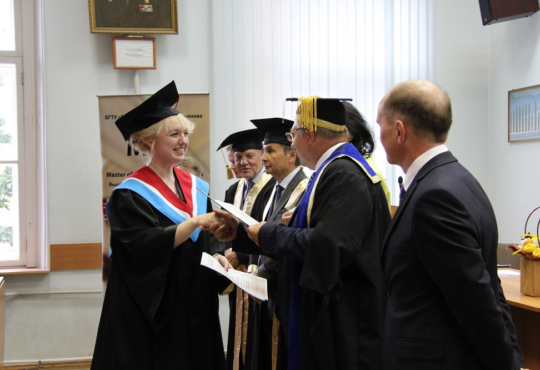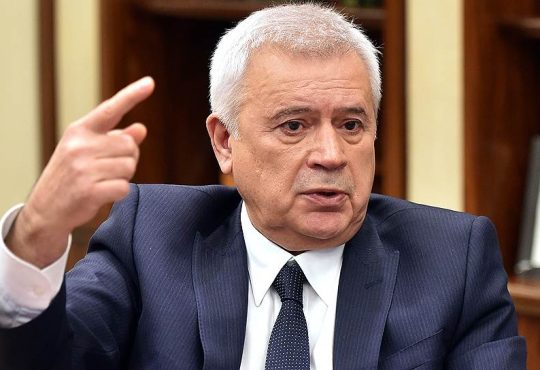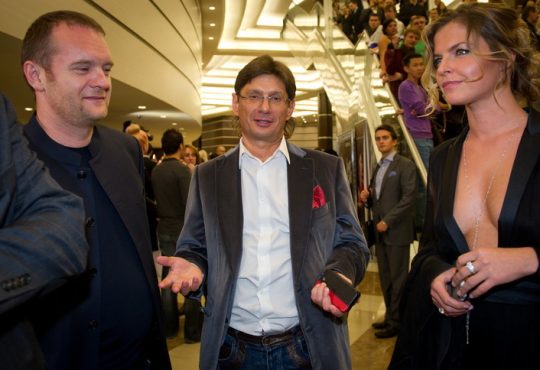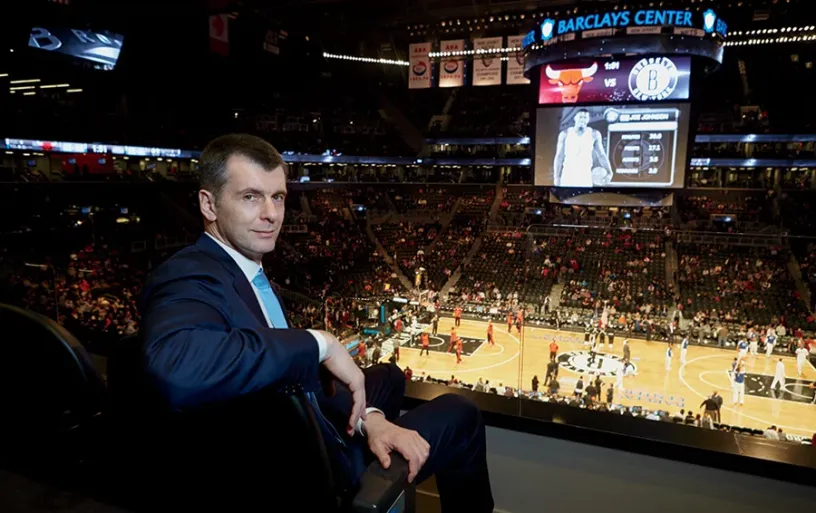
A Billionaire with Incredible Intuition: How Prokhorov Manages to Profitably Enter the Cache Time After Time and What He’s Into Now
Why did billionaire Mikhail Prokhorov sell his basketball business and what projects are he interested in now?
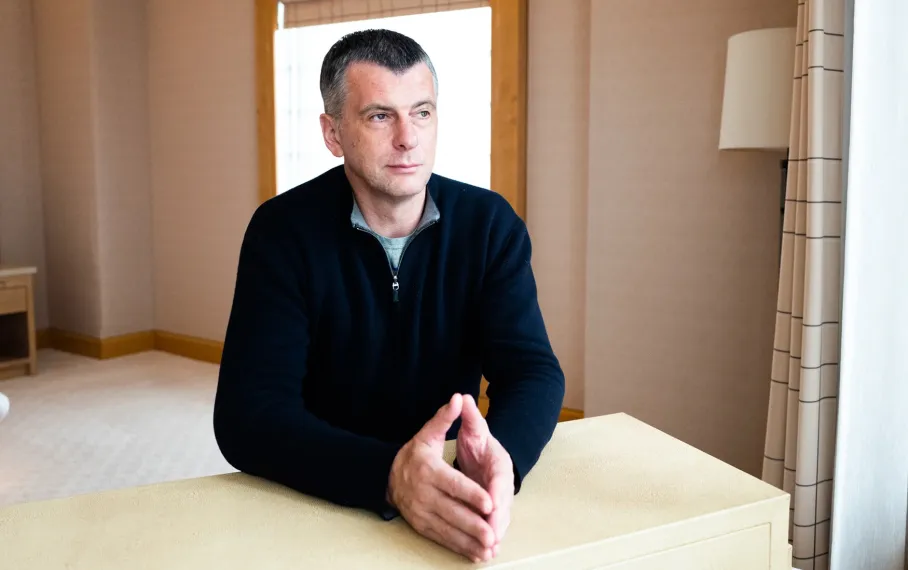
On the eve of his 30th birthday, the financier and co-owner of Oneximbank Mikhail Prokhorov #11 went to the United States. In Russia in the mid-1990s, crises were succeeding each other and corporate wars were raging, while the billionaire-to-be was serenely strolling along Brighton Beach in southern Brooklyn, the most populous borough of New York City. The restaurants in “Russian America” struck Prokhorov the most – the local dishes were cooked in the best traditions of Soviet cuisine and made him nostalgic for the 1970s.
The days when Mikhail Prokhorov could walk around Brooklyn are long gone. Buying the basketball team and moving it to Brooklyn made him an American superstar, and the deal that closed in 2019 was the biggest in NBA history (more about the deal). On the streets of New York Prokhorov is asked for autographs, he is a favorite of the American public and the media. At the same time, the billionaire has been off the Russian radar for several years. What did Prokhorov do?
Experiments and luck.
The lobby of the luxurious Four Seasons Moscow hotel was crowded. In December 2016, the best businessmen of Russia were awarded the RBC Prize here. The ceremony was traditionally opened by Mikhail Prokhorov, then owner of the media holding, who personally presented RBC CEO Nikolai Molibog with a cake in the shape of a dinghy. On one of its sides was written in cream “In the same boat.
The media holding that Prokhorov bought in 2010 became a black swan for him, says the billionaire’s acquaintance. Prokhorov became interested in the media when he became involved in politics. Prokhorov delved into strategy and content, offered to buy other media from time to time, and called guests of the RBC awards himself, his acquaintance recounts.
The arrival in early 2014 of RBC’s new editor-in-chief, Elizaveta Osetinskaya, was marked by a series of high-profile investigations, including some about Vladimir Putin’s entourage. Prokhorov was alarmed by this, several media managers who knew him admit, but he did not interfere in RBC’s editorial policy, only advising: “You can burn less brightly and not burn so quickly.
In 2016, right during the Direct Line with the President, the FSB conducted searches in all of Prokhorov’s main companies, except RBC. “These are the ones – RBC – take them down,” one of Prokhorov’s former media managers interprets the signal. Two weeks later, Rosneft sued RBC to protect its business reputation. The amount of the claim exceeded 3 billion rubles. After that, the media reported that Prokhorov put his main assets in Russia up for sale. “One thing has come together with another,” claims his acquaintance. According to the Forbes interlocutor, Prokhorov had been looking for buyers for Russian businesses for a long time: “There was fatigue.” Fatigue was preceded by the annexation of Crimea in 2014, adds another acquaintance of the billionaire.
A week after the RBC award for 2016, the court reduced the amount of Rosneft’s claims by a factor of 8,000, to 390,000 rubles. At the same time, rumors started circulating that Prokhorov was negotiating the sale of RBC. By that time, Osetinskaya and the bulk of her team had left the media holding. Six months later, Prokhorov parted ways with RBC, after which Rosneft signed a settlement with the media holding.
Prokhorov was pinned to the wall, but not without the help of influential backers (including Sergei Chemezov, head of the Rostec State Corporation), he pulled through, according to one of RBC’s former media managers. He could have remained the owner of RBC and succumbed to outside influence, and he could have turned journalists’ heads. But he behaved very decently.
Prokhorov also did well with the withdrawal from Russian assets, according to an investor familiar with him. In his opinion, the main success was the sale of the UC Rusal stake before the company founder Oleg Deripaska #50 fell under U.S. sanctions in April 2018. The news instantly collapsed UC Rusal’s share price almost threefold. And two months earlier, Prokhorov had sold 6% of UC Rusal to billionaires Viktor Vekselberg #22 and Leonard Blavatnik for an estimated $600 million. The deal took at least six months to prepare, says Dmitry Razumov, general director of Onexim, Prokhorov’s holding company: “In fact, it was just luck, it [the deal] could have dragged on for another couple of months.” He emphasizes, however, that the sale of assets was not forced: “We parted with some assets for which there was a buyer and in which we did not see any particular growth prospects.
Prokhorov has previously successfully sold assets at least twice: a stake in Norilsk Nickel on the eve of the 2008 crisis and Polyus Gold before the series of collapses in the gold market in 2013. Prokhorov has “incredible intuition” and “investor sense,” say two people he knows. “By my old age, I noticed one pattern: the more I work, the luckier I get,” laughs his Forbes neighbor at Prokhorov’s “luckiness.” However, the interlocutor admits that Prokhorov “is not without talent” and “he has a creative eye”: “He can go against the trends, and it often turns out to be right. On this principle in 2010, Prokhorov bought a basketball team. “He doesn’t like kolkhoz. Everyone has soccer clubs, but Misha wanted something else,” says his acquaintance. The basketball experiment brought Prokhorov great results.
Basketball and stadium
In July 2010, in the middle of New York City, across the street from the legendary Madison Square Garden, a giant black-and-white billboard appeared: rapper Jay-Z and Russian billionaire Mikhail Prokhorov, both wearing ties, with the slogan “The blueprint for greatness. A month earlier, Prokhorov had bought 80% of the NBA team New Jersey Nets, of which Jay-Z was a minority shareholder. The Nets were planning to move to Brooklyn by 2012, and a bold advertisement near the home court of another New York Knicks team signaled the level of Prokhorov’s ambition. It was not Prokhorov’s idea to put the Nets in Brooklyn, but that of New York developer Bruce Ratner. The multifunctional Barclays Center was to become the centerpiece of his $5 billion Atlantic Yards project in Brooklyn, which needed an anchor tenant – a sports club. So Ratner, in 2004, bought the New Jersey Nets for $300 million. Under him, the team, which had recently played in the NBA Finals, slipped to the outsiders, bringing in $30 million in losses a year. And the financial crisis of 2008 exacerbated Ratner’s situation. He desperately needed money for the club and construction.
He managed to find an investor in 2009. Then NBA commissioner David Stern recommended Prokhorov, whom he knew personally. Vysokiy Prokhorov had been interested in basketball since his youth: he played and financed CSKA in Moscow for many years, but after parting ways with his business partner Vladimir Potanin, he was left without a team. In 2007, Prokhorov began to look at NBA clubs, including the Knicks. In the context of the development project, though it was then only a pit in downtown Brooklyn, the Nets’ prospects looked more attractive.
Prokhorov paid $223 million for 80 percent of the club and 45 percent of the operating rights to the future Barclays Center arena, and also got an option for 20 percent of Atlantic Yards. The new owner took on the club’s debts ($160 million), guaranteed to cover $60 million in expenses until the team moved to Brooklyn, and a loan ($75.8 million) to build the arena. The American media greeted Prokhorov with ironic headlines along the lines of “Russia’s Richest Man’s Newest Toy: The NBA Team” (New York Times). The billionaire, however, took the project very seriously.

